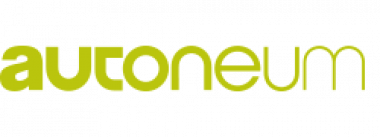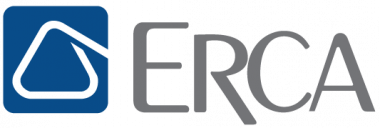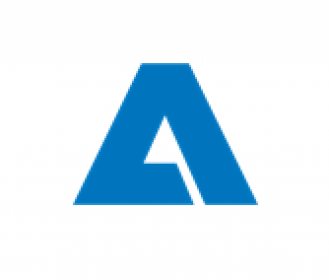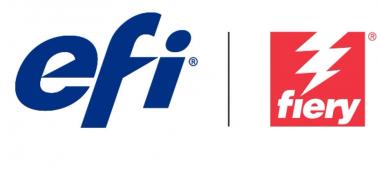Rieter: Annual General Meeting 2023
Shareholders Adopt All Motions Proposed by the Board of Directors
- Distribution of a dividend of CHF 1.50 per share approved
- Remuneration Report 2022 and future remuneration of Board of Directors and Group Executive Committee formally accepted
- All members of the Board of Directors who stood for re-election were elected
- Thomas Oetterli newly appointed to the Board of Directors
- KPMG newly elected as statutory auditors
- Amendments to the Articles of Association approved
On April 20, 2023, 325 shareholders, who represent 66.2% of the share capital, attended the 132nd Annual General Meeting of Rieter Holding Ltd.
Dividend
The shareholders approved the proposal of the Board of Directors to distribute a dividend of CHF 1.50 per share. The dividend for the 2022 financial year will be paid on April 24, 2023.
Annual Report, Financial Statements, Consolidated Financial Statements and Remuneration Report
The shareholders also adopted all other motions proposed by the Board of Directors, namely approval of the annual report, financial and consolidated financial statements for 2022. Moreover, they formally approved the actions of the members of the Board of Directors and those of the Group Executive Committee in the year under review.
By way of a consultative vote, the shareholders also approved the Remuneration Report 2022.
Remuneration of the Members of the Board of Directors and the Group Executive Committee
In two separate binding votes, the proposed maximum total remuneration of the members of the Board of Directors and the Group Executive Committee for the 2024 financial year was approved.
Re-Election of the Members of the Board of Directors
The Chairman of the Board, Bernhard Jucker, and the Directors, Hans-Peter Schwald, Peter Spuhler, Roger Baillod, Carl Illi, Sarah Kreienbühl and Daniel Grieder were confirmed for a further one-year term of office. In addition, Thomas Oetterli was newly elected to the Board of Directors for a term of office.
The members of the Remuneration Committee who were standing for election –
Hans-Peter Schwald, Bernhard Jucker and Sarah Kreienbühl – were likewise re-elected for a one-year term of office.
Election of KPMG as Statutory Auditors
The shareholders also adopted the proposal of the Board of Directors to elect KPMG AG, Zurich, as new statutory auditors for the financial year beginning January 1, 2023.
Amendments to the Articles of Association
The shareholders further approved the proposals of the Board of Directors to amend the Articles of Association of Rieter Holding Ltd., in order to implement the requirements of the reform of the Swiss company law, which came into force on January 1, 2023.
Rieter Holding Ltd.





























